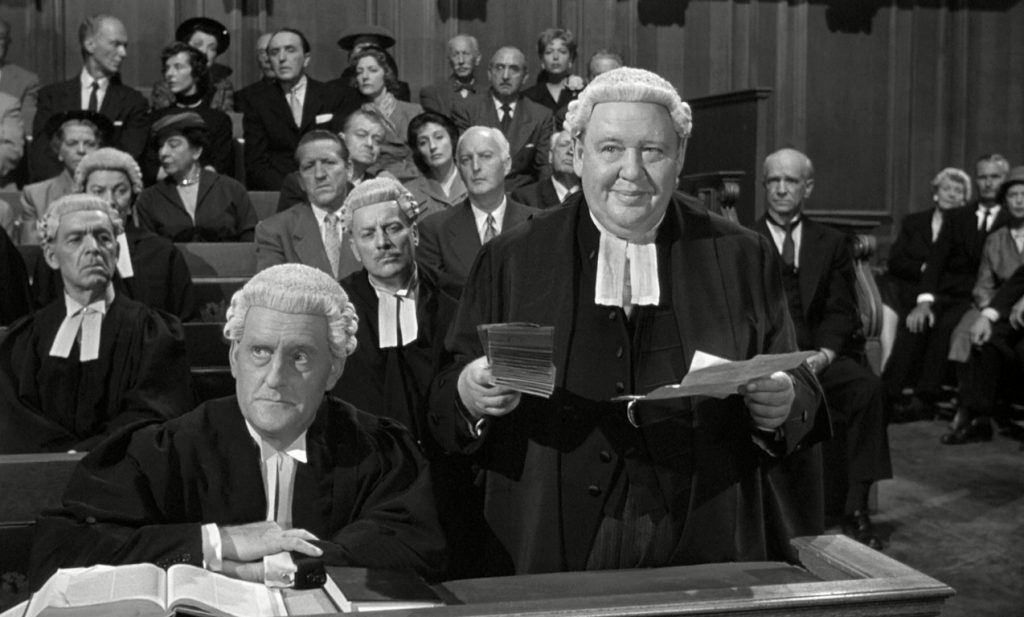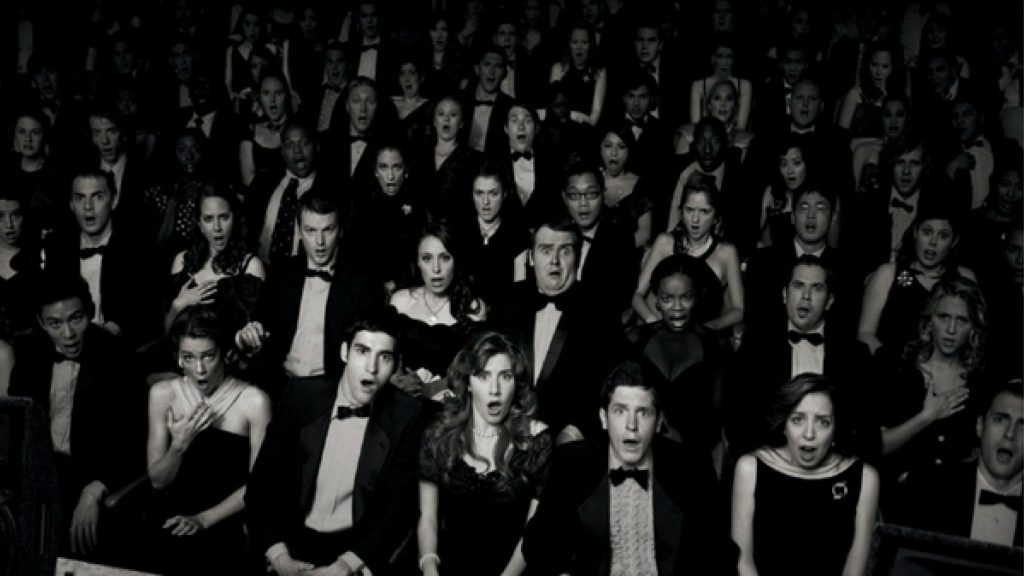How to be Convincing
When you think about it, we writers spend an awful lot of time trying to make our stories convincing. On one level we want to convince you that our stories are worth reading and, even better, worth spending good money on or worth borrowing from a library.

But it’s more than that. When we’re writing, we’re hard at work trying to convince you that our characters are credible, that our plots are compelling, that our settings have the sort of verisimilitude that lets you step easily into the events we’re unfolding in front of you. Of course, this whole business of convincing can be even more challenging for we writers of Fantasy and Science Fiction, where we have to work extra hard to convince you to go along with a whole world that is often vastly different from our here and now.
The techniques we use so that our stories are convincing are legion, but I’d like to point out one that is extremely useful and often overlooked both by novice writers and those who are experienced. I call it the Reaction Shot, borrowing from the world of cinema.
We’ve all seen the moment in the movie when something dramatic happens – the bridge blows up, the train crashes, someone delivers a heartbreaking speech. And every director worth her salt then cuts away when this moment ends to those who are nearby, for their reactions. It can be entirely visual – facial expressions, movements of various sorts, gestures – or it could be verbal – screams, cheers, noises of affirmation or denial. The reaction underlines the dramatic event but it also emphasises that the event is real, because of course a dramatic event would inspire responses from those nearby, whether they’re bystanders or intimately involved.

When we’re writing, too often we forget this important moment. We get bound up in the events, the happenings, the moments of drama – emotional or action – and after these heightened moments we forget to pause, draw breath, and dwell just a little on the reactions of those involved. Show these reactions, let the reader experience them, and the dramatic moment is emphasised, made more meaningful, and more convincing.
Think cinematically and make sure you include Reaction Shots after your wonderful moments of drama. Your writing will be more convincing and far better off if you do.